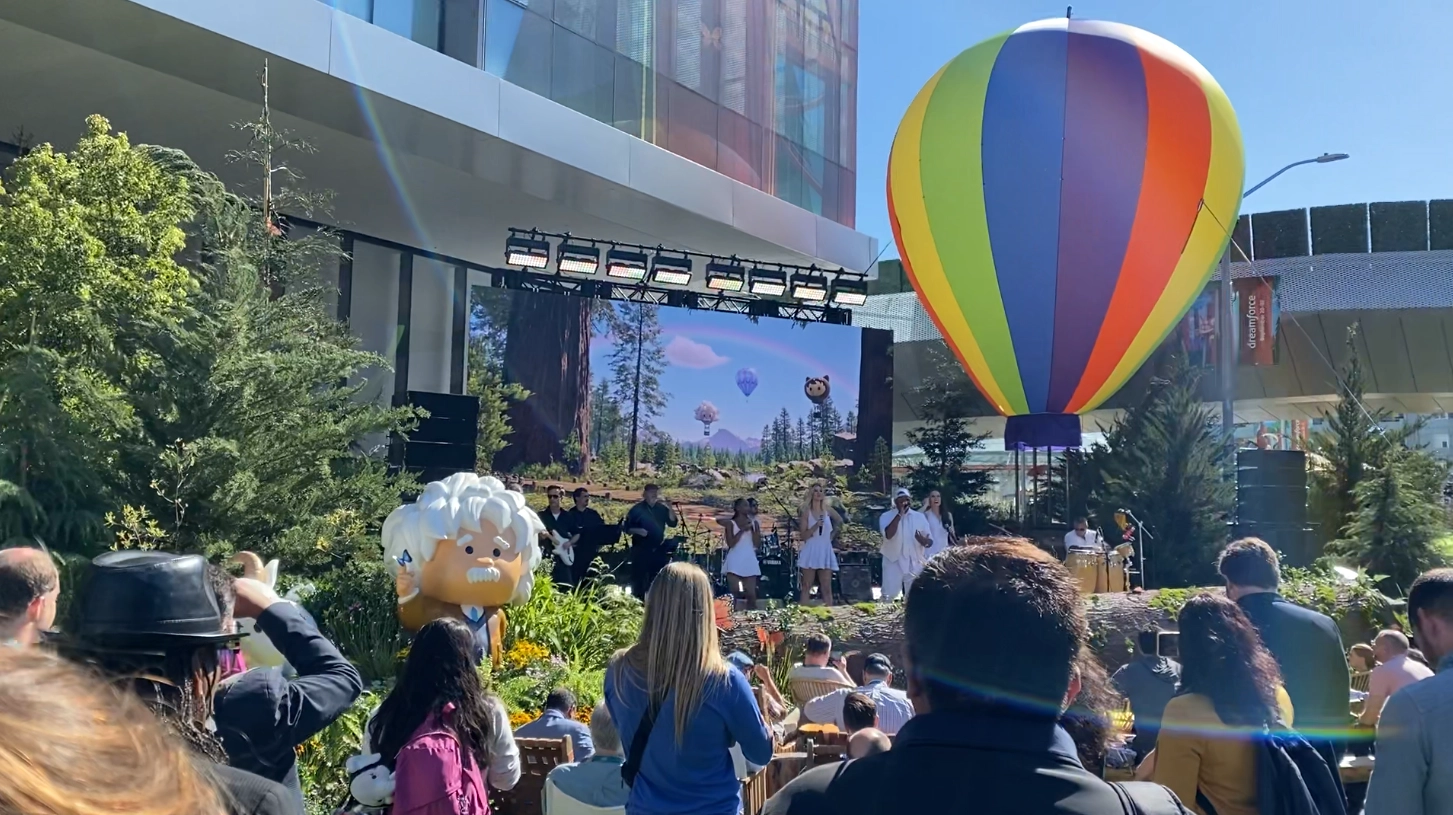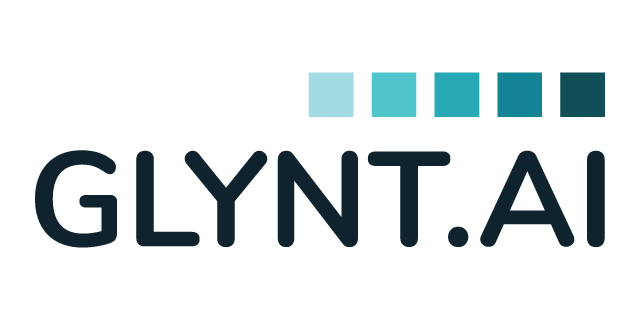
GLYNT is a Salesforce Partner and we went to Dreamforce to coordinate with the Net Zero Cloud team and to hear customer stories about Net Zero Cloud implementations. As everyone knows, GLYNT all about data, data, data. And the Net Zero team is thinking software, software.
During the conference, at water coolers and coffee carts, almost every conversation was on just two topics: Automation and Sustainability. There is a movement afoot.
As exciting as this attention was, we were not prepared for the huge undercurrent of corporate transformation that sustainability reporting is bringing to Salesforce and other companies. Data and software are only the enablers. Then the amazing, exhilarating change begins.
GLYNT has been focusing on “normalizing” sustainability data, making it automated, accurate and reliable. We are also making it smarter, with built-in intelligent choices for compliance with the GHG Protocol and other reporting standards.
What I heard extended normalization to employee roles too. For example, as Salesforce introduced sustainability criteria into procurement, procurement employees experienced how their purchasing actions accumulated into the Scope 3 emissions profile of Salesforce. Everyday purchasing now has a visible sustainability impact. Similarly, as Salesforce wrote additional contract terms for suppliers to meet in the realm of sustainability, everyday legal work now has corporate impact.
From Salesforce to Jetblue to Okta to Crowley, sustainability teams have started their efforts with a need to report. And as they organize the data flows, they are training employees across the organization about sustainability, in small, focused sessions. Then repeating and expanding that training. In this way job descriptions from legal to procurement to accounting to IT integrate a larger sustainability perspective. Sustainability is normalized.
Behind the scenes, sustainability leaders have been managing upwards as well. They have laid the foundation with C-Suite presentations. They keep the top team and board apprised of goals and progress. This consistent top-down support aligns with the keen employee interest and creates the time and space for the investment in employee sustainability training.
Salesforce released a survey earlier this month of over 1200 knowledge workers. 65% want to incorporate sustainability into their job. Crowley also spoke of broad-based employee interest in sustainability engagement.
What I learned at Dreamforce is the top-down, bottom-up approach is a game changer. The excitement, the impact and the pride of broad employee groups around sustainability was amazing. Many companies had the same story and momentum.
This feels like an exhilarating taste of our future. A big shout out to the presenters and participants. #Dreamforce2022 was fun, and also has a lasting takeaway.
